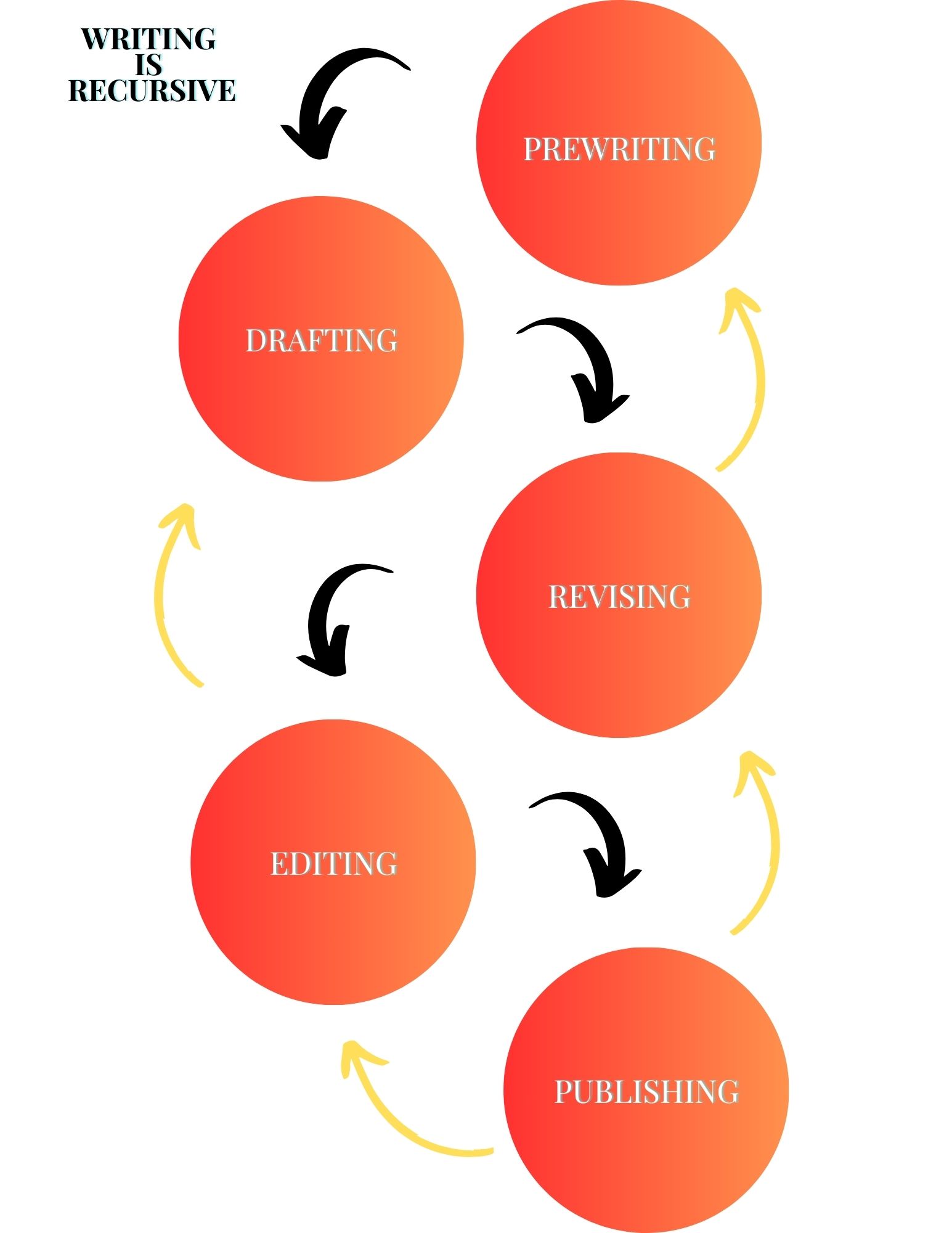As writers, we should know our craft, and, unfortunately, part of that is grammar. I say “unfortunately” because English grammar is really hard to understand sometimes, but the more you know the better off you will be when it comes time to write.
With that in mind, I think the best place to start is always at the beginning. Of course, we can skip the letters and sounds (vowels and consonants) and jump right into the foundational parts of a sentence: a subject and a predicate.
What is a subject?
To put it plainly, a subject is what the sentence is about. What this means is that the subject is the noun or noun phrase (person, place, or thing) that appears in a sentence. Let’s take a look at example one:
Larry played his guitar.
In this sentence, Larry is the subject, because that is who or what the sentence is about. Additionally, Larry is a proper noun. As such, it fulfills the requirements of being a subject.
Still confused? Work in reverse by asking yourself what the subject is doing.
So: who played the guitar? The answer is Larry.
In other words, who or what is performing the action of the sentence? In this case, who is playing the guitar.
Here’s example two:
The house was on fire.
In this sentence, the house is the subject because that’s what the sentence is about. It’s the noun.
Still confused? Work in reverse by asking yourself what the subject is doing.
So: what is on fire? The house is on fire. Here, the word “was”is acting as a verb, so that’s the action.
Thus, the house, much like Larry, fulfills all the requirements of being a subject: it’s a noun and it’s doing something.
What is a predicate?
A predicate in simple terms is what the subject is doing, or, as I like to put it, the rest of the sentence. This is also the verb part of the sentence or the action.
If it helps, look at your subject like the VIP of the sentence: he/she/it is the most important part, so we can move them off to the side, and now we can identify the predicate. In this case, it is what the VIP is doing—the action they are performing—and it’s the rest of the sentence.
For example one: “played his guitar” is the predicate.
For example two: “was on fire” is the predicate.
It is actually pretty simple!
Takeaway
There are many rules and parts of speech to contend with, but you really need to start at the beginning in order to understand how sentences are written and how to identify the parts of a sentence that, well, make it a sentence. Once you get that down, you are well on your way to mastering the craft.







